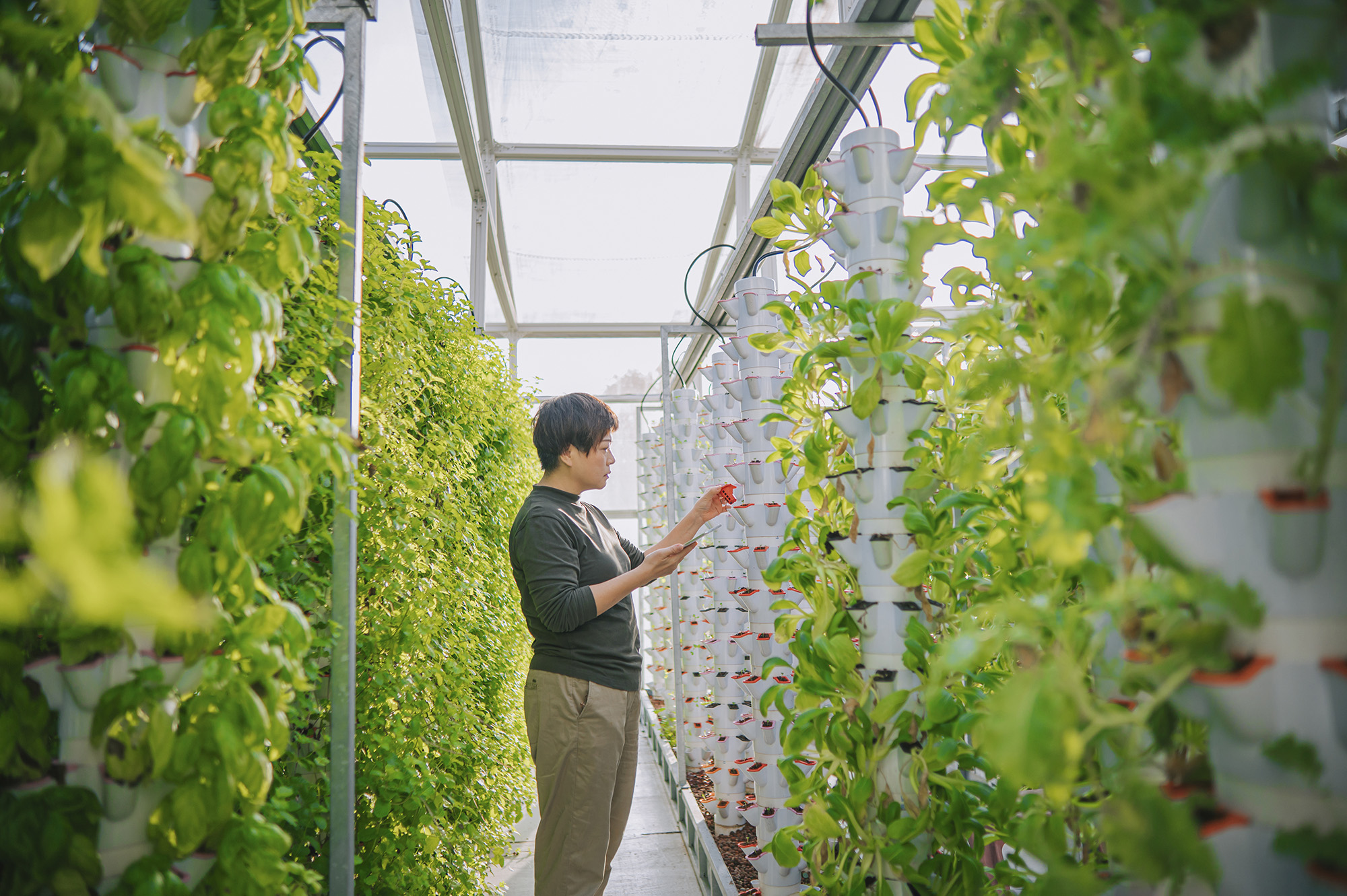Capital gap belies long-term growth in agritech

Following rapid growth driven by increased awareness of environmental impact and food security concerns, agritech startups experienced a funding drought in 2023. Last year, global investments halved compared to the previous year, hitting a six-year low of $15.6 billion.
With the agricultural sector facing challenges and capital becoming scarcer, businesses are at a defining moment. However, an underlying optimism remains as companies focus on refining their core value propositions and operational efficiencies.
Current trends in funding
In a challenging funding environment like the current one, investors tend to prioritise their existing portfolio companies while taking a cautious stance on new investments. Still, the food and agriculture industry has been disproportionately affected by the current downturn in venture capital, despite its significant contribution to the global economy and livelihoods.
A recent report has revealed that in 2023, the sector experienced a staggering 49% year-over-year decline, surpassing the broader venture capital drop of 38% during the same period. Although the decline in dollar terms was particularly sharp in the preceding year, the relative decrease has been steadily unfolding over recent years. In 2023, agrifood tech accounted for only 5.5% of VC dollars across all sectors, down from 6.7% in 2022 and 7.6% in 2021.
The decline appears to be global in nature, stretching from Asia, where pre-COVID investment levels have not been restored, to the US, where agritech funding dropped to 30% of the global total—a notable decrease from its usual 40% and more. Europe also saw a slump in food agritech investment last year.
Still, the continent's sector has fared relatively better than other regions, dropping only by 35% from 2022 levels, and 56% from its peak in 2021. As a result, Europe's share in worldwide foodtech investments surged to 32%, up from the 14% reported in 2020.
Various factors contribute to the decline. At the recent World Agri-Tech Summit, experts highlighted a significant challenge in venture capital funding for agritech: the clash between the short-term focus on returns, and the longer-term requirements for technology development and market expansion in agriculture. This misalignment hampers the broader adoption of transformative technologies in the sector.
Also, the failure to engage broader investors has left startups in crucial growth stages without adequate funding. Sectors like foodtech and alternative protein, typically attractive to generalist investors, are particularly affected, leading to an exodus of these investors due to down rounds and failures, resulting in minimal investor interest even in promising opportunities.
AgriTech hype might be waning
While the inherent misalignment of venture capital timelines with the pace of agritech innovation remains one of the main driving forces behind the recent funding slump, another contributing factor is the nature of certain developments within the sector. Many initiatives gain rapid exposure only to see their appeal dwindle shortly after.
Innovative projects in agritech are often exciting. Developments like cell-based meat, vertical farming, plant-based proteins, precision agriculture, and biological fertilisers have garnered attention for their potential to revolutionise the industry.
Yet, the sector experienced its share of inflated valuations, with a significant influx of capital directed towards companies where the outcomes did not justify the funding allocation. Investors are increasingly hesitant to support those investments.
For example, Vinod Khosla, the founder of Khosla Ventures, recently expressed scepticism about the economic viability of cell-based meats, citing numerous business plans that did not make sense economically yet were funded at hyped valuations.
Long-term, sustainable tech changes remain worthy of investment
While recent data may suggest a challenging landscape for agritech, it belies the sector's potential for growth, given its promise to solve some pressing challenges of the world's economy today. As concerns about food security and the demand for healthier, chemical-free food continue to increase, interest in foodtech and agritech is expected to remain strong.
With the global population and environmental challenges increasing, agritech aims to deliver innovative technologies and sustainable methods to revolutionise conventional farming methods through advanced data analytics, biotechnology, and automation.
Agri-food businesses are keen to embrace new technology to enhance productivity in key business areas such as sustainable production, food security, and resilient food systems. A recent report shows that in the UK, over a third of businesses prioritise the adoption of new technologies in the next five years, reporting a substantial investment in research, development, and innovation, amounting to an impressive 10% of the turnover.
How HLB can help
Leveraging its deep industry expertise and extensive global network, HLB empowers agritech stakeholders to thrive in a competitive Agriculture, Food & Beverages market environment.
As a trusted partner in driving growth and success, we help businesses address pressing challenges such as sustainability and food security.
Explore how HLB can provide essential guidance in agritech, offering tailored solutions to navigate regulatory complexities, identify strategic investments, and implement innovative technologies for sustainable agricultural practices.
Related content






